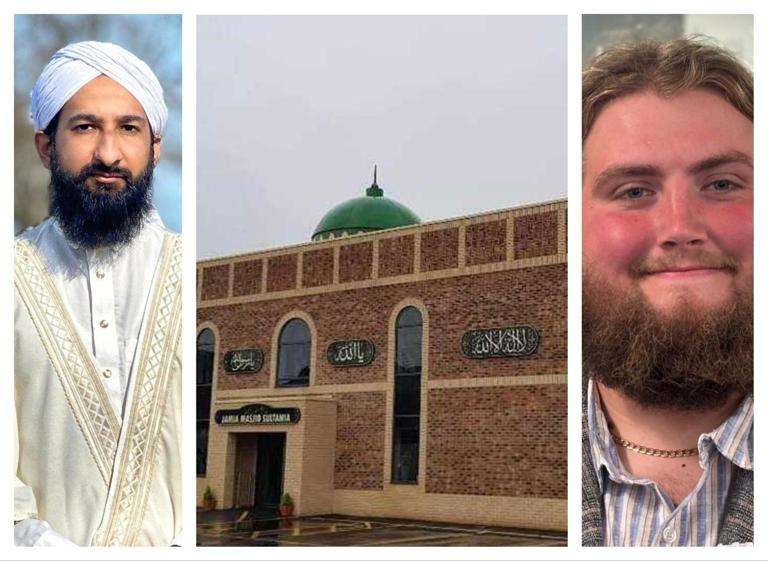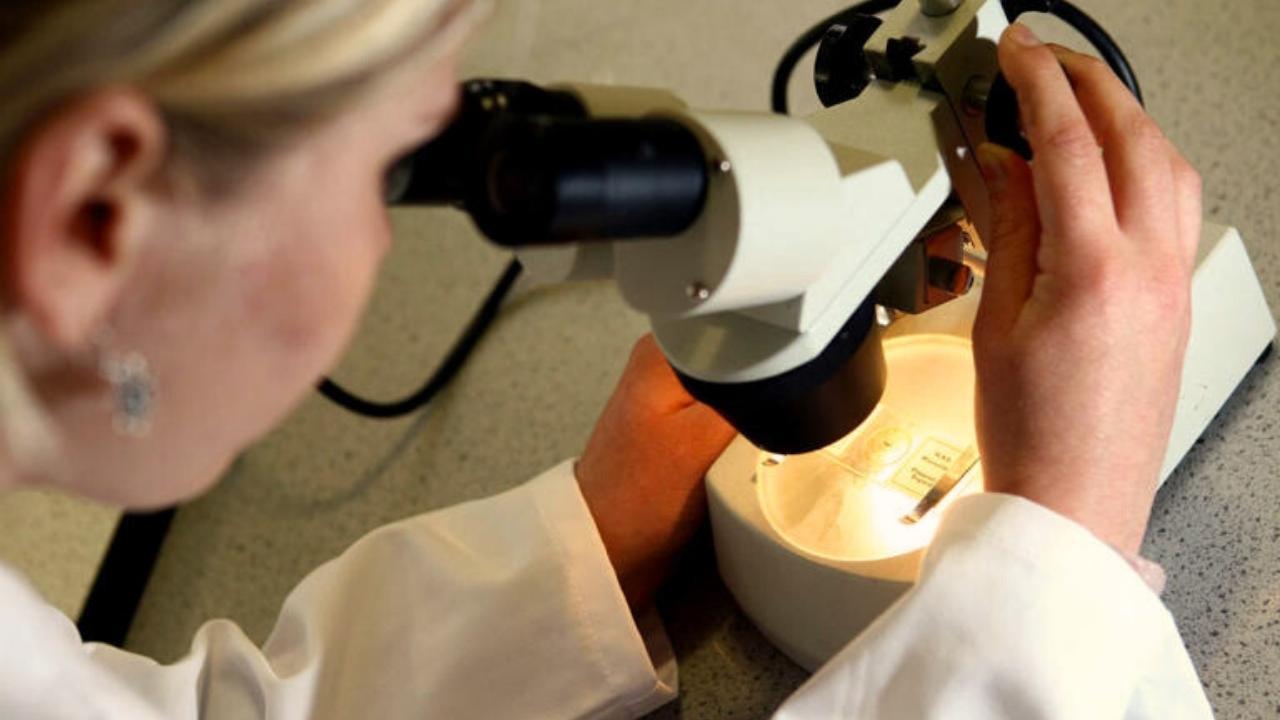If a customized cancer vaccination can stop colon cancer from coming back, a London-based hospital plans to study this possibility.
Patients who have had surgery to remove their tumor in stage 2 or stage 3 rectal cancer will participate in the trial at University College London Hospital.
There is a higher chance of cancer recurrence in all of the study participants because of circulating tumour DNA (ctDNA) in their blood.
Personalised vaccines are created by analysing a patient’s tumour or ctDNA to identify mutations that are specific to that one cancer. This information is then used to create an immunotherapy personal to that patient.
Scientists believe that the vaccine, named BNT122, can stimulate the immune system to specifically recognise and destroy the cancer cells expressing the same mutations.
Expand article logo Continue reading
It is hoped this will prevent cancer from returning after the patient has undergone surgery to remove their main tumour.
Bowel cancer recurrence within five years after treatment ends is in the range of 7 to 42 percent, depending on the stage of the cancer, according to the Mayo Clinic.
The study at UCLH is part of NHS England’s Cancer Vaccine Launch Pad, which is working to fast-track patients to get vaccines at the earliest opportunity.
_7.jpg)


_9.jpg)




.svg)


